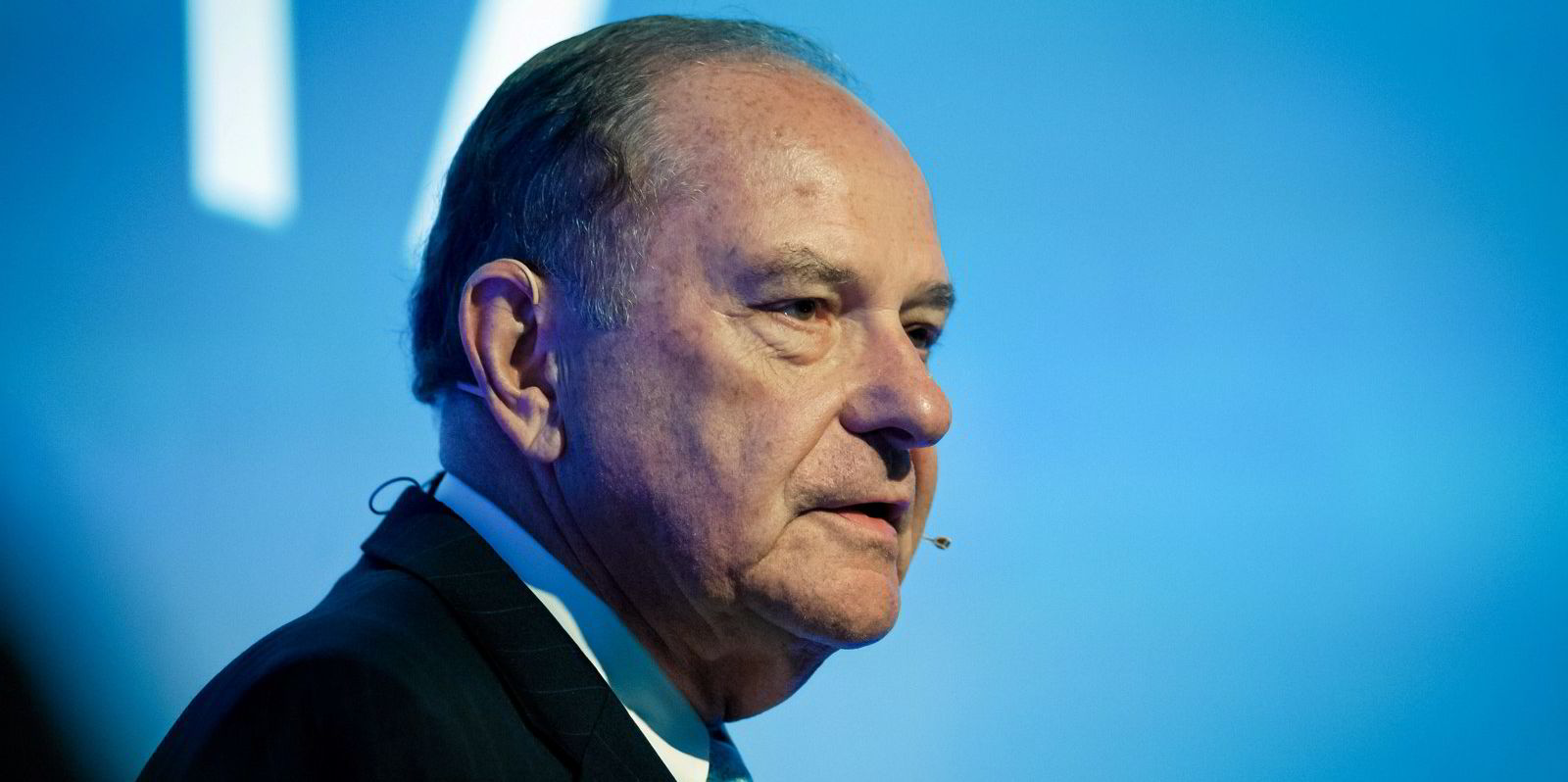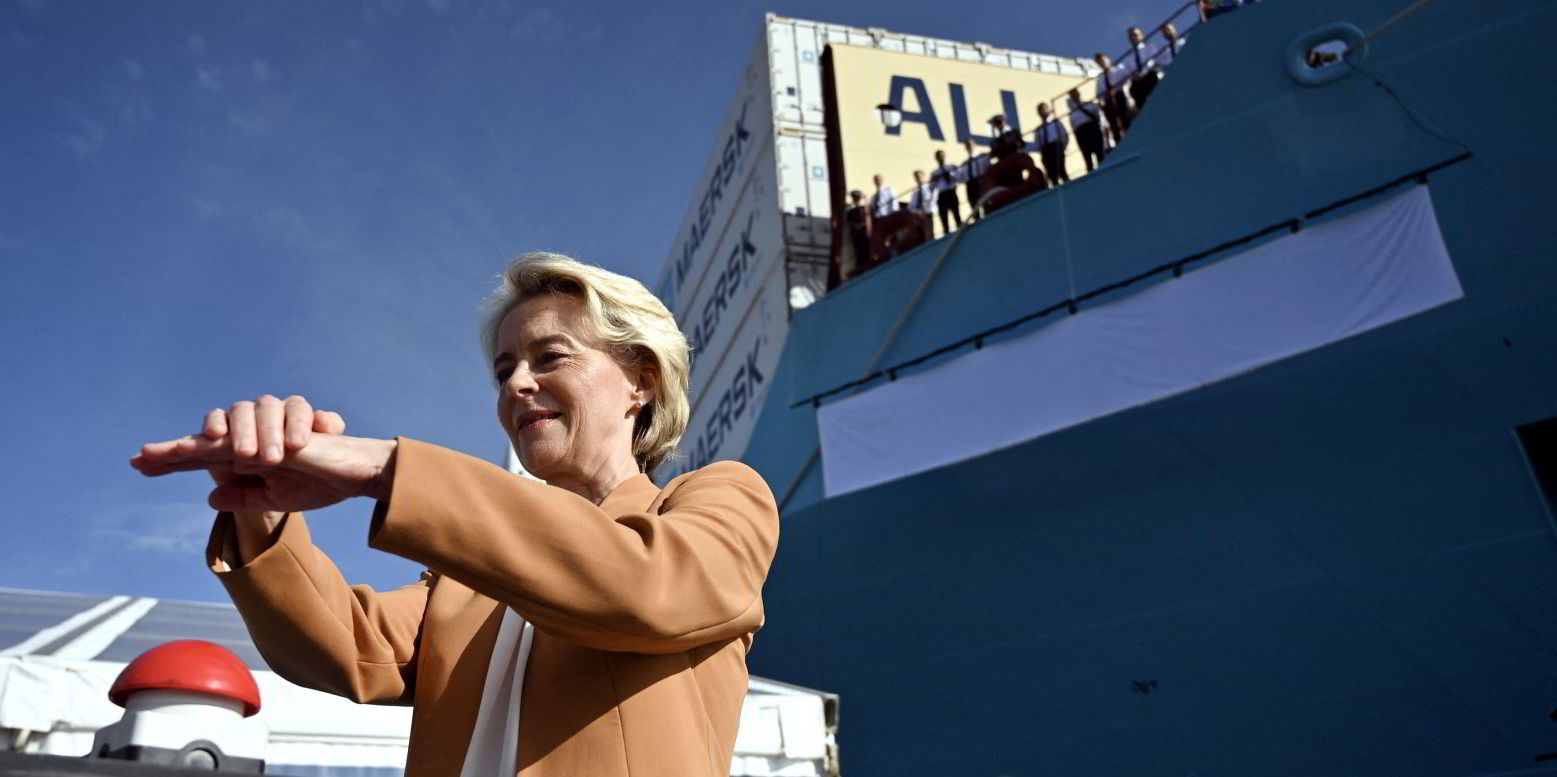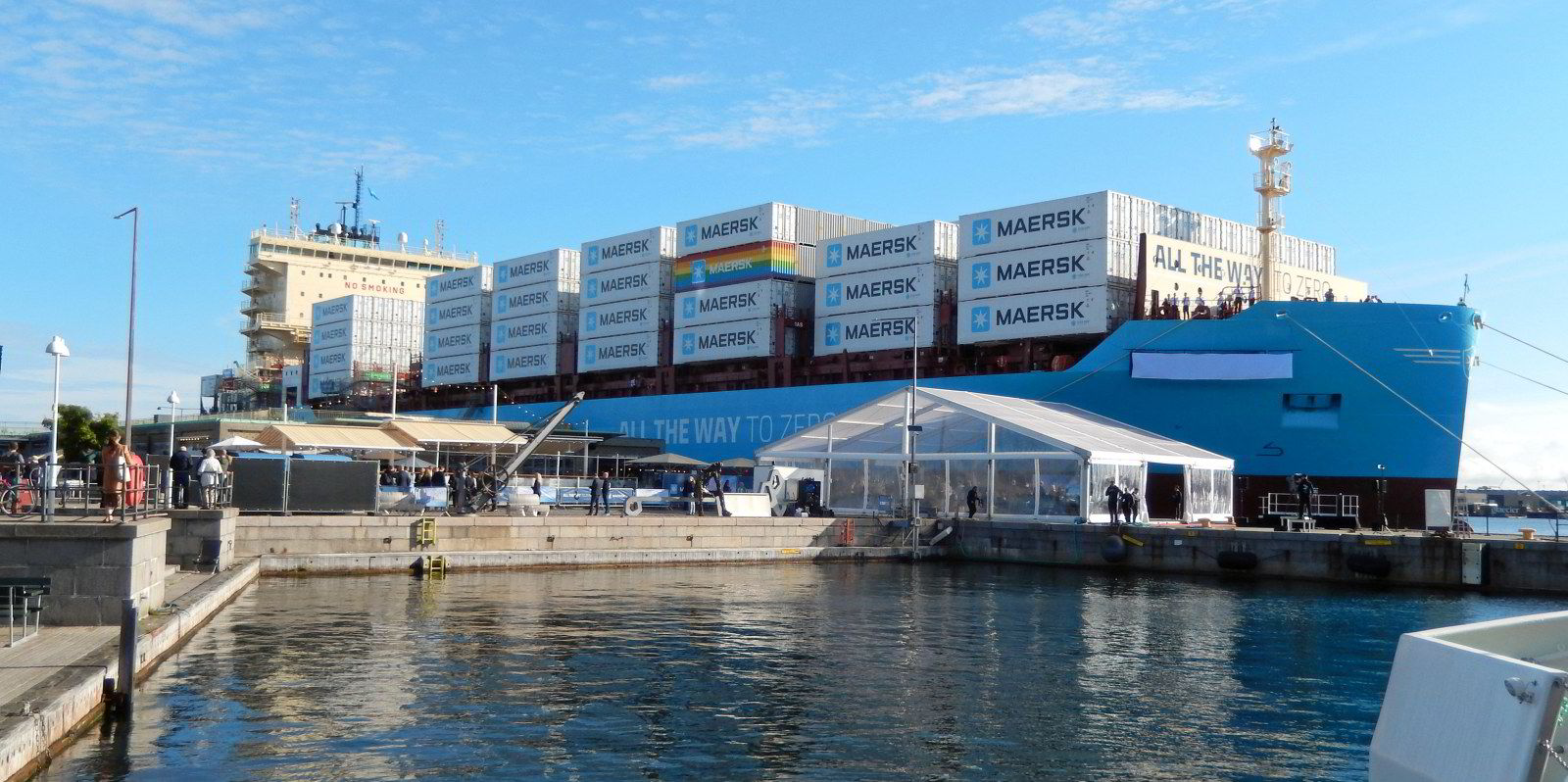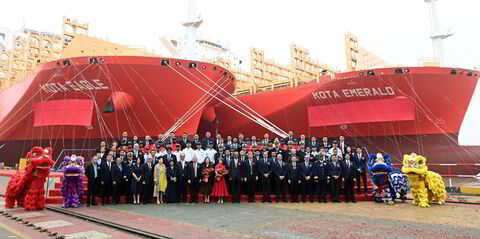To be clear, I have nothing against the headlines being grabbed by the methanol sponsors. Making strides towards the increased availability of low and zero-carbon fuels is to be applauded.
What concerns me deeply is the widespread misunderstanding of methanol’s fuel pathway and its ability to scale. Much of this confusion links to hazy terminology — methanol seems to have the ability to induce grey-green colour blindness.
First, let’s remember that methanol used today is just another fossil fuel, produced from natural gas. When you burn methanol (CH3OH), you emit CO2.
And it has worse well-to-wake emissions (estimated at 14% higher) than very low-sulphur oil (VLSFO). This is why it should correctly be called grey methanol. It is also more expensive.
The methanol-ready dual-fuel vessels being ordered and delivered are just that, dual-fuelled VLSFO-fuelled vessels with an option to use grey methanol, or green methanol when and if available.
Given the lack of green methanol availability on a global basis, they are for the significant future likely to run on VLSFO or grey methanol produced from fossil fuels. This will not reduce carbon emissions; it may even increase them.
AP Moller Holding and Maersk’s highly publicised C2X venture is suggesting they will produce 3m tonnes of green methanol by 2030. This is a positive and important undertaking.
But let’s remember that this will supply perhaps 30 vessels — assuming the product can be delivered worldwide. What about the other 170 or so methanol-ready vessels on the orderbook? And what happens between now and 2030?
Eventually, most synthetic fuels will be made from the same renewable hydrogen feedstock — produced from electrolysis of water using renewable electricity — which accounts for approximately 75% of the total cost of producing these fuels.
In the next 10 to 20 years, before green hydrogen production scales, the green fuels needed by shipping and other sectors, such as aviation, will be both scarce and expensive. This was underlined last week by many people, including maritime economist Martin Stopford and DNV Maritime chief executive Knut Orbeck-Nilssen.
Greenhouse gas emissions are cumulative and the longer we wait to reduce them, the tougher the decarbonisation challenge
No sense for business or planet
The green methanol that a significant shipping company recently bunkered is made from biomethane — not renewable hydrogen — using a valuable green fuel as a feedstock. The green methanol production process is wasteful, consuming a scarce green resource to make a more expensive marine fuel.
This makes little sense for business and less sense for the planet.
The bottom line is we have to act now. University College London estimates that each year of inaction this decade will add an extra $100bn to the cost of shipping’s decarbonisation. A sum dwarfed by the cost of climate-related damages to the industry and wider society if shipping fails to cut emissions. Greenhouse gas emissions are cumulative and the longer we wait to reduce them, the tougher the decarbonisation challenge.
LNG reduces up to 23% of greenhouse gas emissions — including methane slip, up to 95% reduction of NOx emissions, and achieves virtually zero SOx and particulate matter emissions today.
It is also available in some 170 or more ports worldwide. Methanol is not a meaningfully globally traded energy commodity, so the last mile of bunkering is a real global challenge.
It is inevitable that there will continue to be a basket of fuels. Collaboration, as encouraged by organisations like SEA-LNG for more than six years, remains essential to the continuing development of high standards for alternative green fuels, including the analysis of full life cycle and related greenhouse gases.
LNG, and its journey to green LNG through increasingly available bio-LNG, is undoubtedly part of this future fuels basket. As a long-established, safe and scalable marine fuel, it provides learnings that will prove invaluable for other, more embryonic future fuels.
Everyone is working towards the same goals as part of shipping’s decarbonisation story. But we will get there quicker if we ground our strategies in reality rather than rhetoric.
Peter Keller is chairman of SEA-LNG
Do you have an opinion to share?
Email: news@tradewindsnews.com





